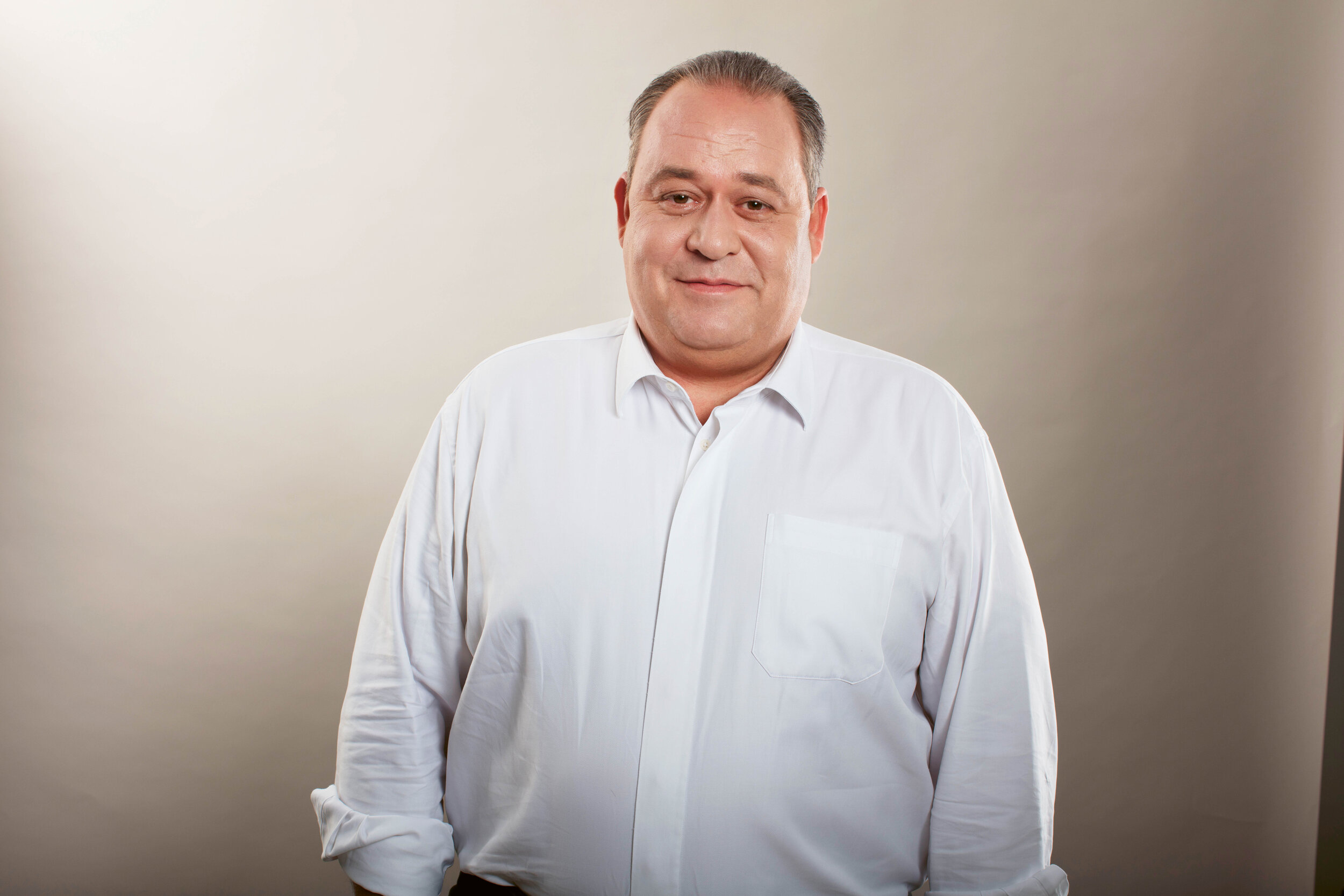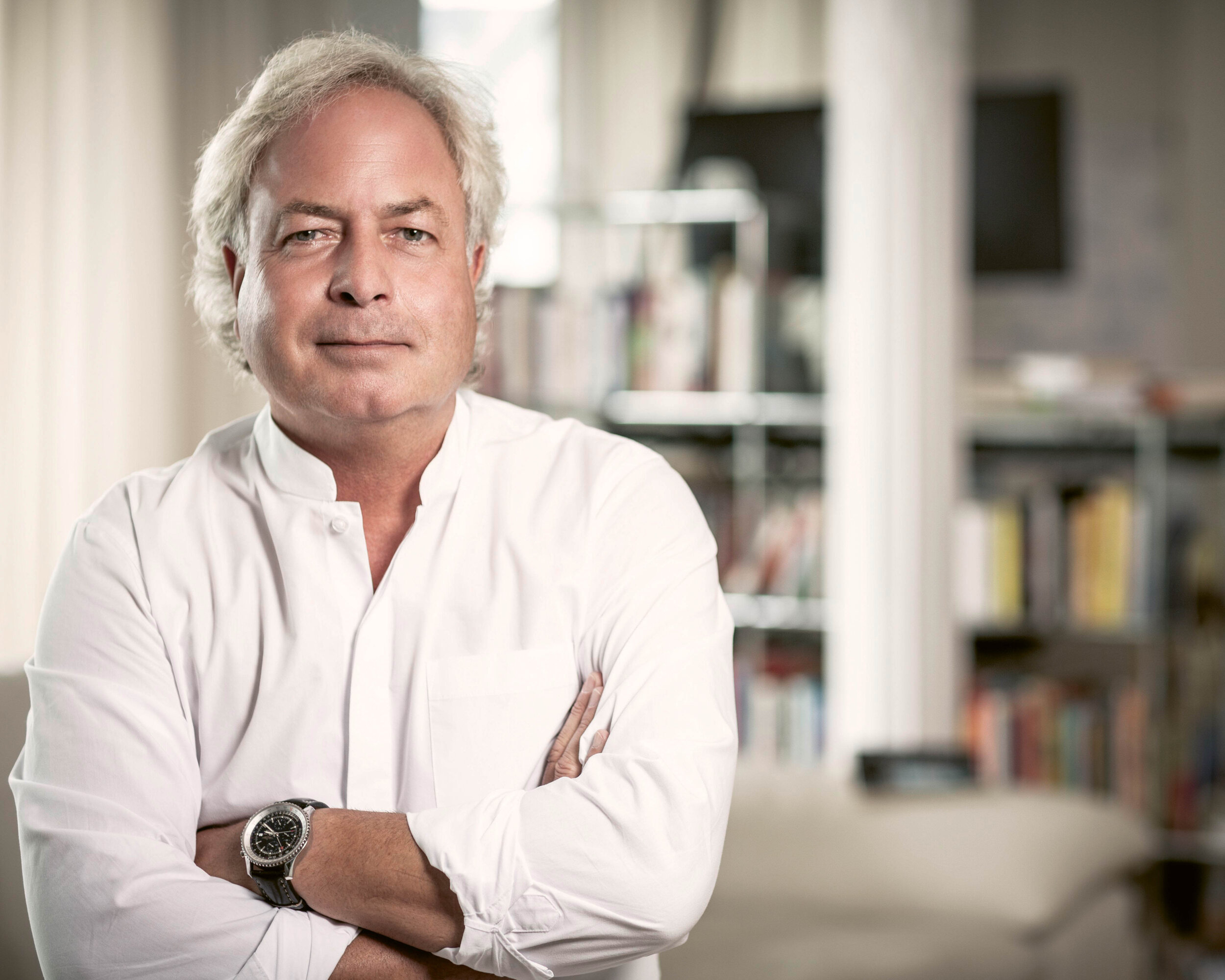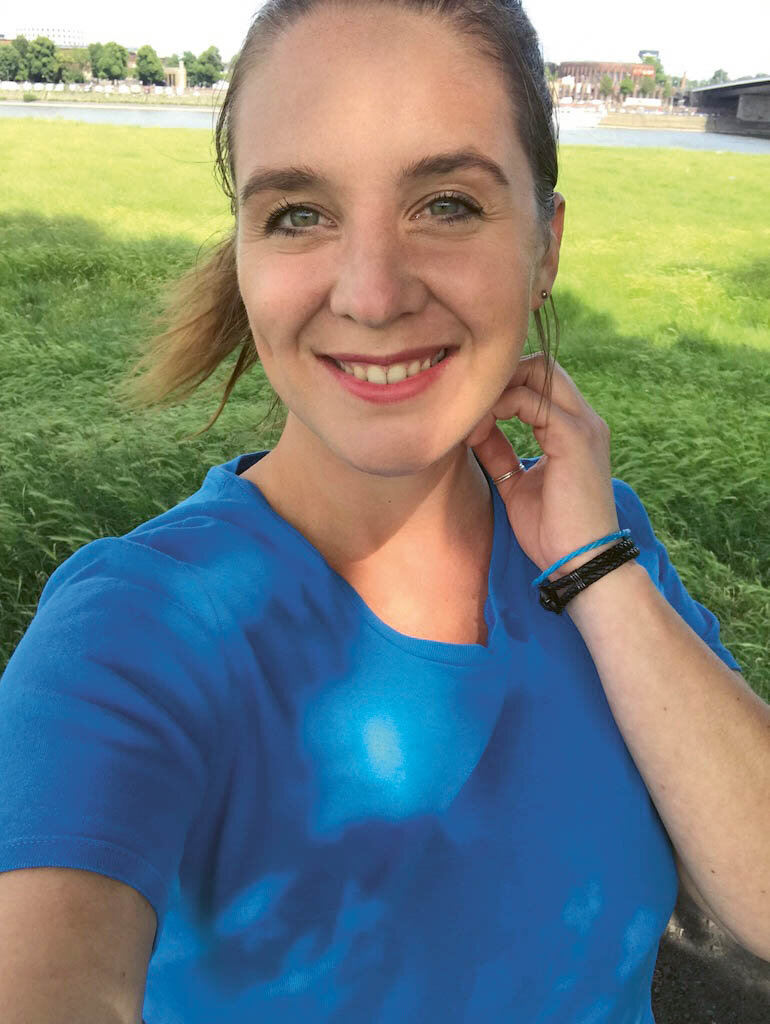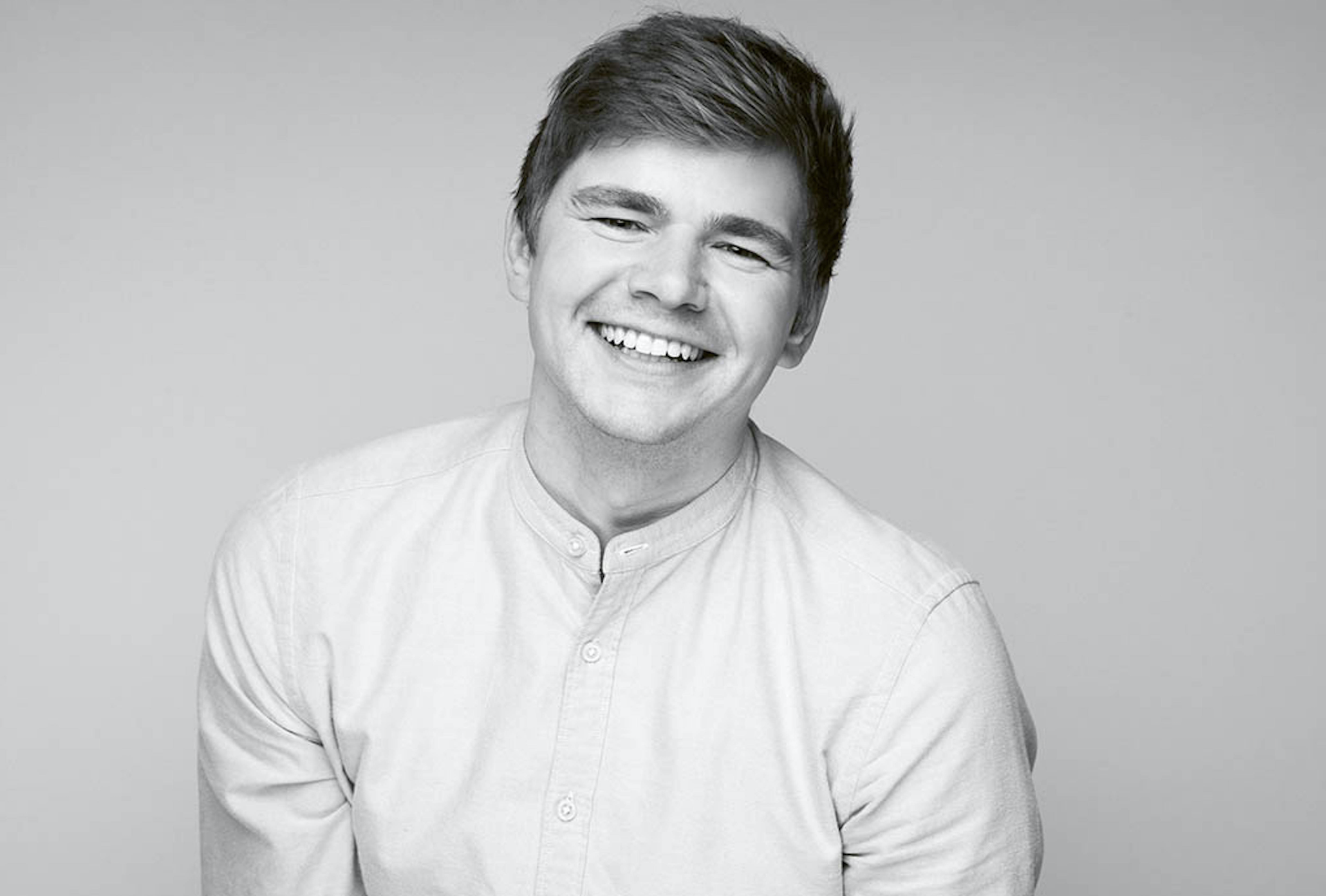Social entrepreneurs
Social Businesses want to solve problems and rethink the economy; they do not measure their success in terms of financial returns, but in terms of benefits for the common good.
Gründungsteam The Colony
The times are over when social entrepreneurs such as Johannes Lübbers, who holds a doctorate in economics, physics and sustainability strategy, were pushed into the corner of slightly crazy social-romantics. 33-year-old Christoph Seckler (finances and personnel) and Dr. theol. Karsten Bredemeier (pastoral care, communication and strategic partnerships) are among the founders of TopBetreuung GmbH. “We founded this digital platform in order to optimally support people in need of care and their relatives in everyday life with the help of our ’everyday companions’,” says Dr. Lübbers and sees his company as an interface between care services and care insurance companies.
The aim is to enable clients to live independently in their own homes for as long as possible.
The need is great and has been intensified by the Covid 19 pandemic. The aim of the tailor-made service – from joint shopping and support with housekeeping to reading aloud, social activities or joint movement exercises – is to enable clients (mostly 70 years and older) to live independently in their own homes for as long as possible. The care service, which is certified by the city of Düsseldorf and recognized by the state of North Rhine-Westphalia, takes over, among other things, the direct application for and invoicing of services at the care insurance companies of its clients. The number of employees is growing every week, and since July a Cologne office has been added to the one in Düsseldorf. “In the coming months, expansions to Bonn and the Ruhr area are planned. We want to be in the black by the end of 2020,” explains the managing director. Even if high profits for shareholders are not the primary goal, start-ups do not act charitably. With a business plan and market analysis, they have to act socially and sustainably, while at the same time being economically profitable.
Blockblocks Rhein Cleanup, an initiative of Düsseldorf-based Victoria Blocksdorf, is an environmental protection company that is financed by donations, lecture fees and cooperation agreements. The woman cleans up and since 2018 has made it her mission to take action against waste in her city. The group “Blockblocks Rhein Cleanup” travels along the banks of the Rhine every month to collect rubbish to prevent it from entering the Rhine and possibly the ocean. The founder has given up her job as a graphic designer, but instead she sheds a light on the problem of plastic waste, offers corporate clean-ups to companies that want to set an example for sustainability and sensitize their employees to environmental protection, ideally with a preceding lecture. To make the search for plastic-free alternatives easier in everyday life, there is also a “Plastic-free Pocket Guide”. A special archive is being created in the newly occupied office on the Areal Böhler: there, ancient waste finds become relics of a bygone era. At trade fairs, workshops or in schools, they are intended to show that plastics such as pillboxes from the 1930s, ointments from the war and dishwashing liquid bottles from the 1960s do not simply disappear into nature.
“We try to transport the best of a village community into the cities”
To give all these alternative economic models more political influence and support, the Social Entrepreneurship Network Germany, SEND e.V., was founded. Together with this support foundation (also a member of the Federal Association of German Start-ups) and the Düsseldorf launch site, the municipal business development agency hosted the Rhineland Pitch Social Impact Special this year. Among the finalists, “The Colony” from Unterbilk convinced with its concept for ecological living spaces.
The team around founder Max Salamon is looking for any kind of urban space – parking lots, flat roofs, gaps between buildings or plots for temporary use – which are rather uninteresting for a regular building development. Modular mini-houses are to be built there for the members – the colonists. “We, at The Colony, try to transport the best of a village community into the cities,” the colonists say. In doing so, they want to be more than a “romantic community”: “We are a local network and a digital platform for all areas of daily life,” says the founder. A modern, inner-city community and neighbourhood that makes the world a better place. •
www.topbetreuung.de
www.blockblocks.de
www.send-ev.de
www.jointhecolony.squarespace.com
Düsseldorf groups and their social commitment
Within the framework of the “Working Together in Teams” (MIT) program, employees can apply to Henkel for cash and non-cash donations and up to five days' paid leave each year for their voluntary work. They build bridges in Vietnam, teach children football or work in an orphanage in Uganda.
Every year since 2010, L'Oréal has offered its employees around the world the opportunity to volunteer for one working day. On “Citizen Day”, for example, nature reserves are cleaned of waste, wellness workshops are held for people in difficult life situations, or centres for senior citizens or the socially disadvantaged are repainted.
Since 2007, Vodafone has been supporting its employees with a sabbatical offer if they want to do a humanitarian assignment for three months. This can be abroad, such as on a children's ward in Africa or building a well in India. But it can also be a social institution in Germany.
Words: Dagmar Haas-Pilwat
Pictures: PR








